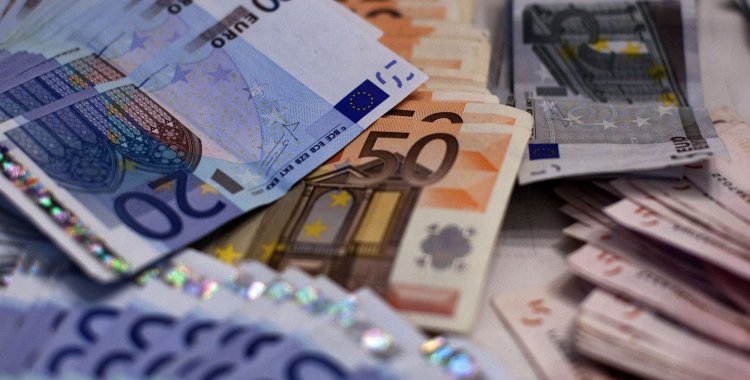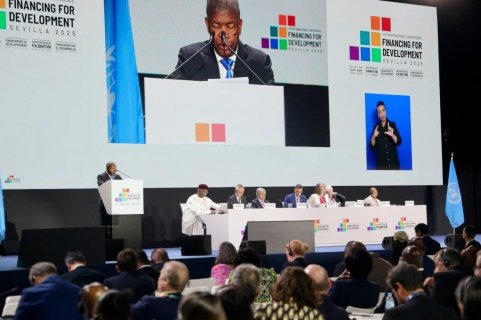According to data from the Bank of Portugal (BdP), consulted by Lusa, based on statistics by end investor – which make it possible to identify the countries that, ultimately, control investment and whose investment can arrive from other countries – reveal that Angola's foreign direct investment (FDI) in Portugal fell between the fourth quarter of 2019 and the third quarter of 2020, having started to recover since then.
In the fourth quarter of 2019, FDI from Angola to Portugal amounted to 5,293 million euros, falling to 3,820 million euros in the same period of 2020, settling at 3,897 million euros in the fourth quarter of 2021.
In the first quarter of this year it recovered to 4,379 million euros.
However, in the second quarter it fell slightly to 4,333 million euros, still above the 3,927 million euros reached in the same period last year.
Considering all final investors and including Portugal, in the second quarter of this year, Angola occupies the 11th place in the ranking.
In the second quarter of this year, and following the trend of recent years, services concentrate most of Angola's FDI in Portugal, amounting to 3,755.35 million euros.
Construction concentrates 58.1 million euros of Angolan FDI in Portugal, followed by manufacturing (1.55 million euros), while electricity, gas and water account for a small part (0.38 million euros).
Among Angola's main investments in Portugal, and despite the changes in recent years, especially after the 'Luanda Leaks', the banking sector stands out.
In 2008, Sonangol bought 9.99 percent of the capital of BCP and, in 2009, it was the turn of the holding company Santoro (by Isabel dos Santos) to enter BPI, by acquiring 9.67 percent of the bank's capital from BCP .
Sonangol is currently BCP's second largest shareholder, with 19.49 percent.
At BPI, Santoro sold its stake in CaixaBank's public takeover bid (OPA) in 2017.
In turn, BIC Portugal bought BPN for 40 million euros from the Portuguese State, but after Luanda Leaks, the institution (now EuroBic) announced that businesswoman Isabel dos Santos would abandon the Portuguese bank's shareholder structure, a measure to "safeguard trust in the institution", according to the financial institution.
However, this sale has not yet advanced and for now the businesswoman remains in the bank, through Finisantoro (17.5 percent) and Santoro Financial Holding (25 percent).
In energy, the holding company Esperaza, a joint venture in which Sonangol holds 60 percent of the shares and Exem (owned by Isabel dos Santos) holds the remaining 40 percent, controls 45 percent of Amorim Energia which, for in turn, it is a key shareholder in Galp. However, the state-owned oil company announced in July last year that it had been declared the sole owner of the investment made in Galp, according to the final ruling of a Dutch court that arbitrated the dispute between the oil company and Exem, which, in turn, appealed of the decision.
In telecommunications, Isabel dos Santos' stake in ZOPT, which was 50 percent owned by Sonaecom and the remaining half by the Angolan businesswoman, was seized.
In the media, the Angolan Newshold also holds, in Impresa, 2.4 percent of the group founded by Pinto Balsemão, having abandoned other positions in the national media.
In July, it was announced that Media9Par, a subsidiary of the Emerald Group for the media area of Angolan businessman N'Gunu Tiny, bought Jornal Económico, from Megafin, and in August, Novo, from Lapanews.
The Emerald Group, founded in 2009, holder of the publishing rights for the magazines Forbes Portugal and Forbes África Lusófona, entered the media in 2018, with an investment in a minority stake (40 percent) in the Portuguese project Polígrafo.







